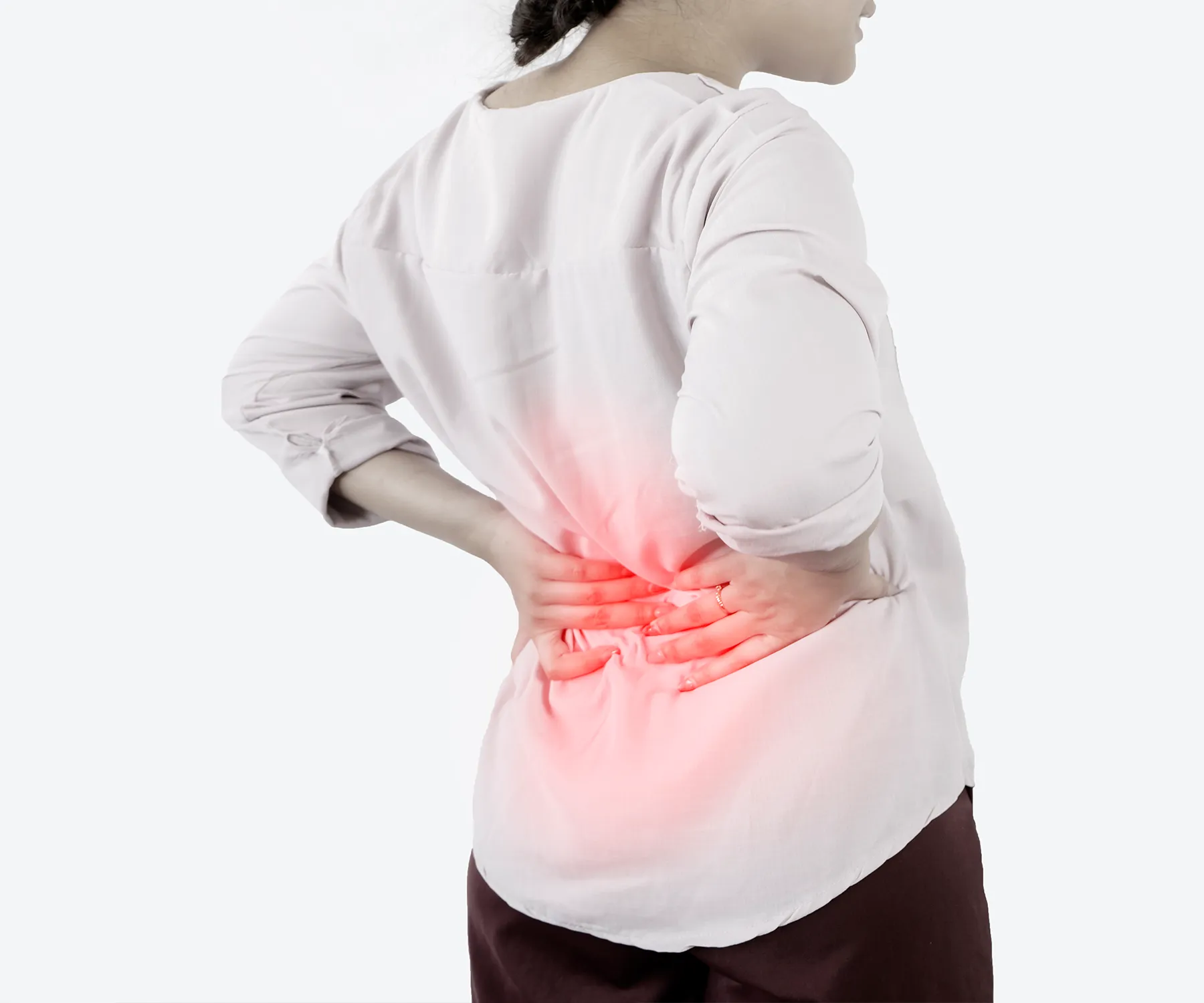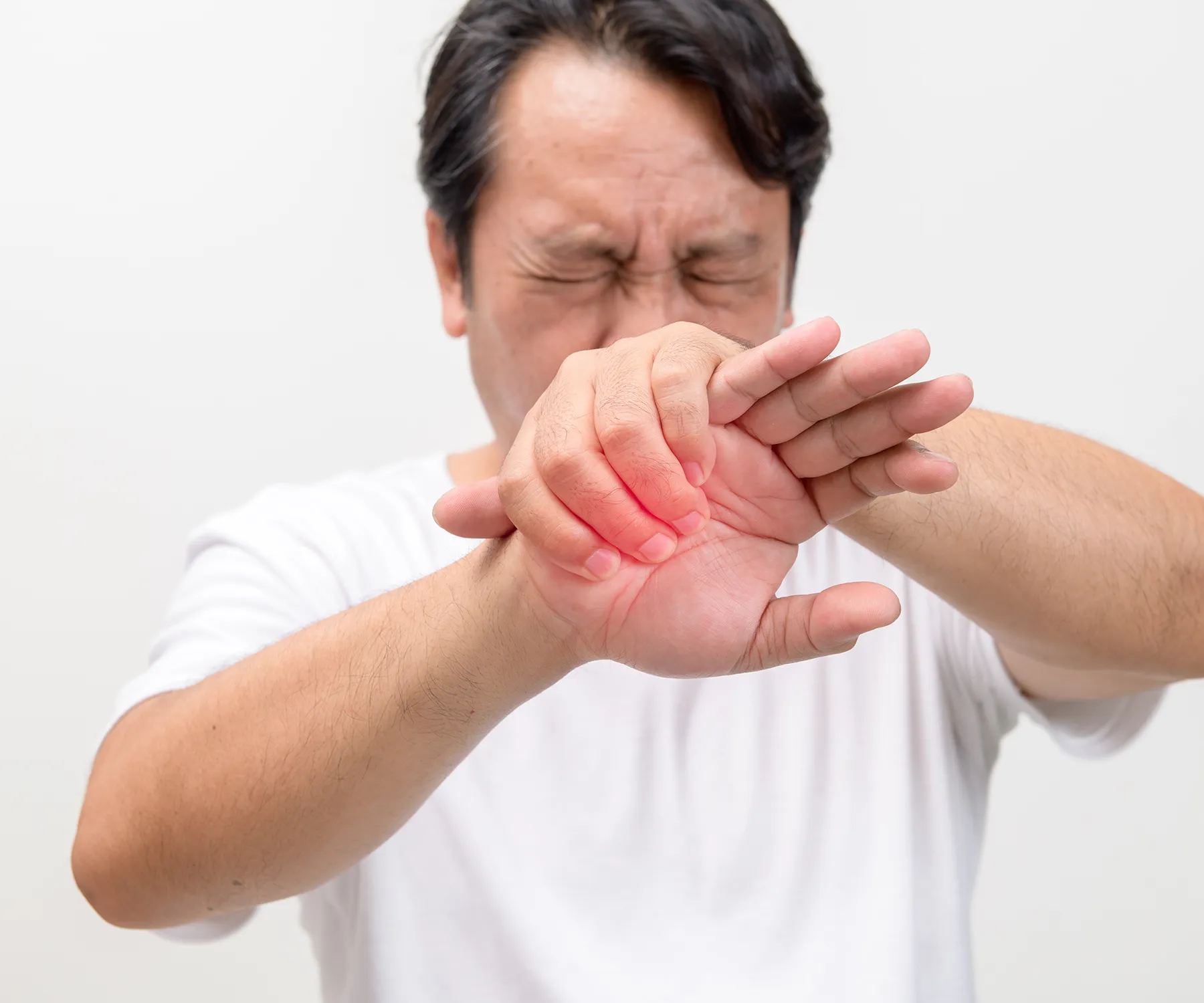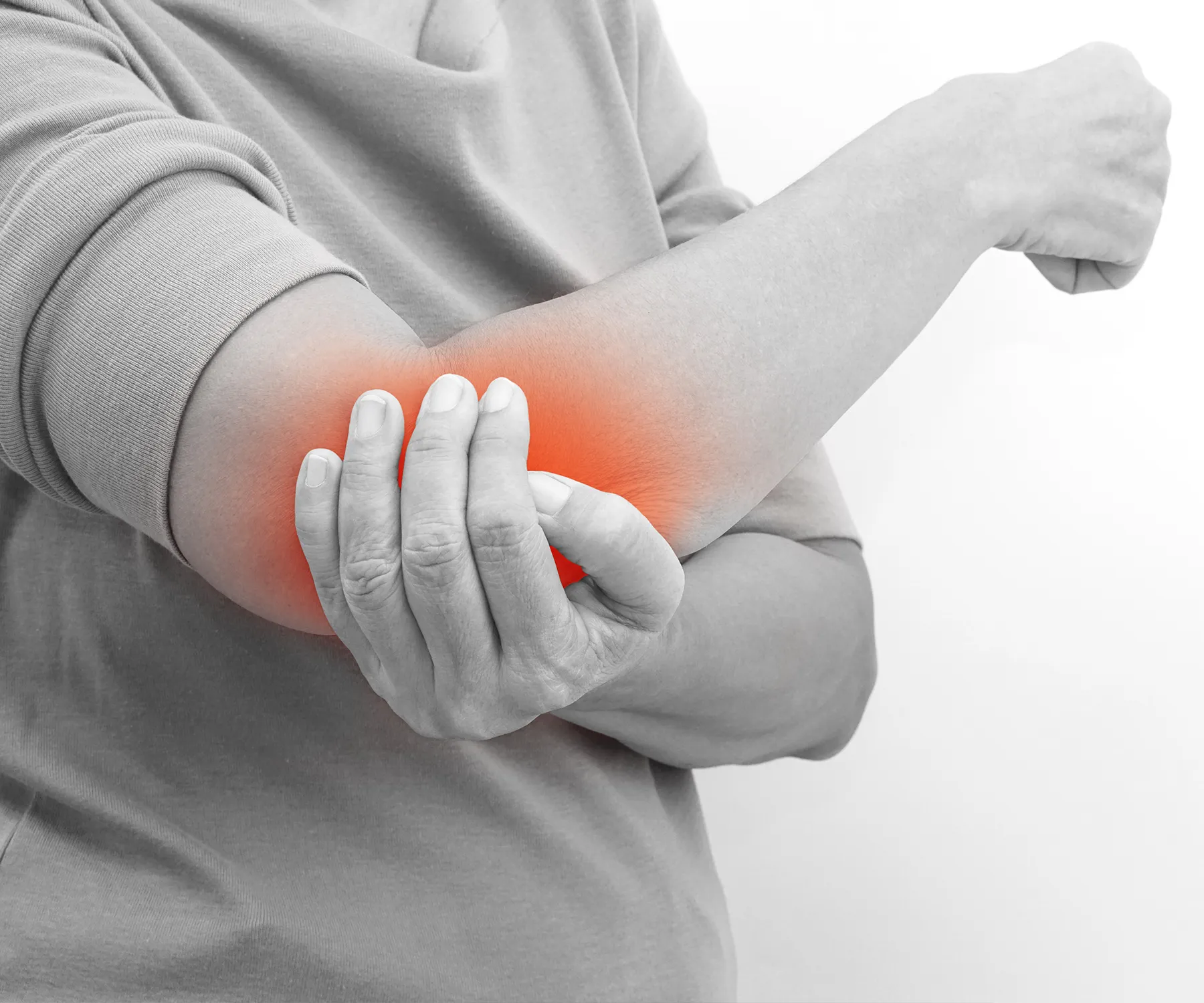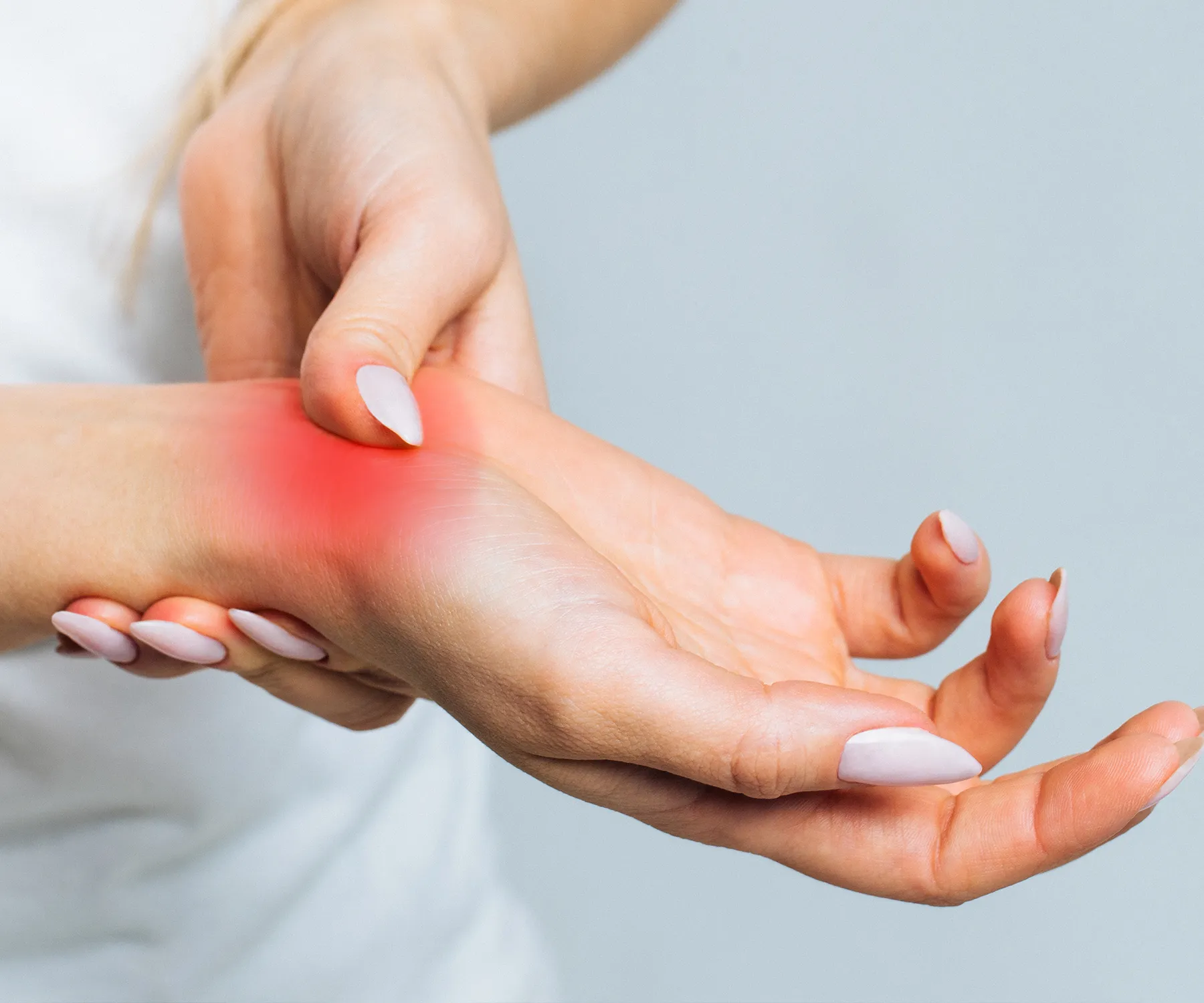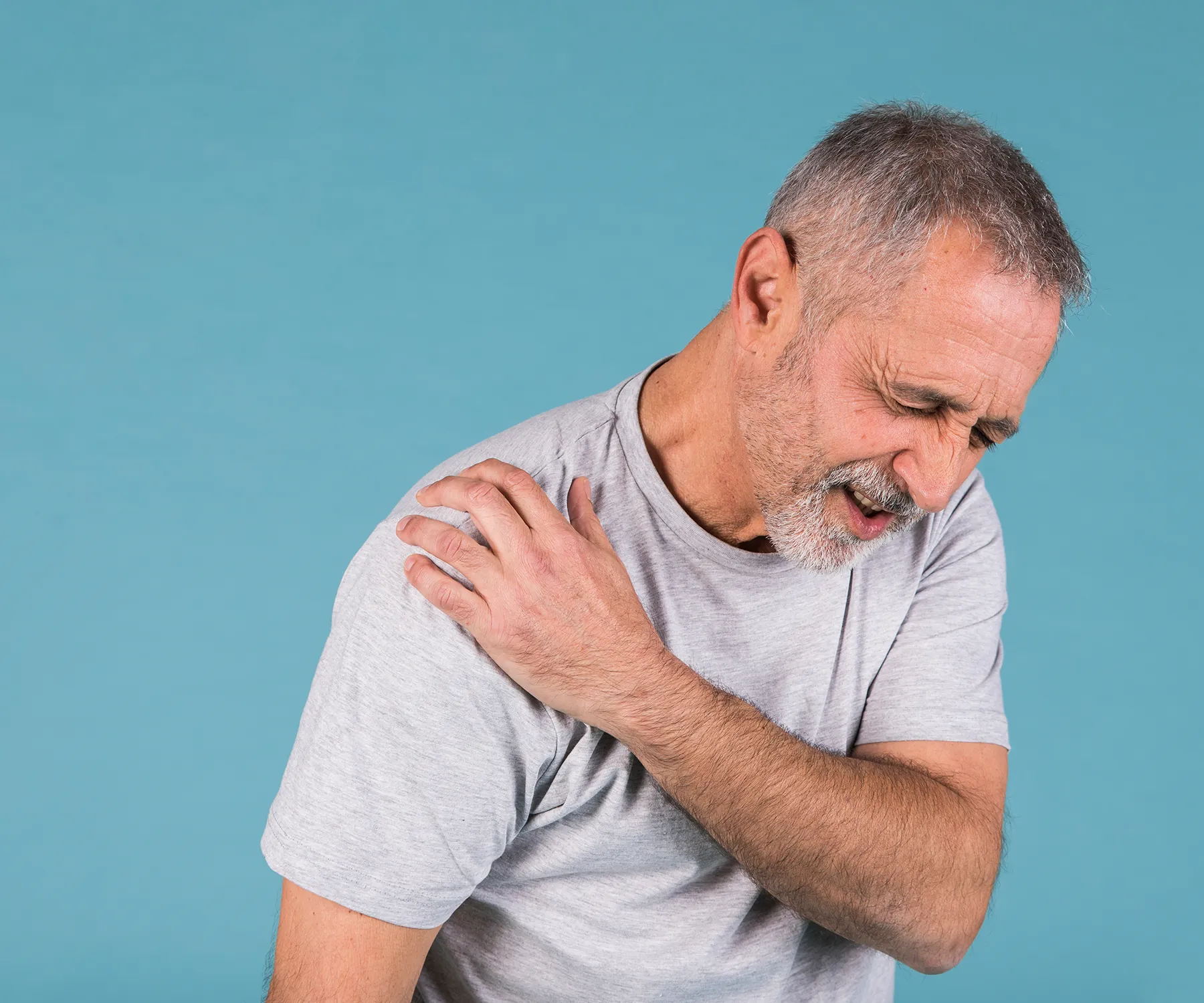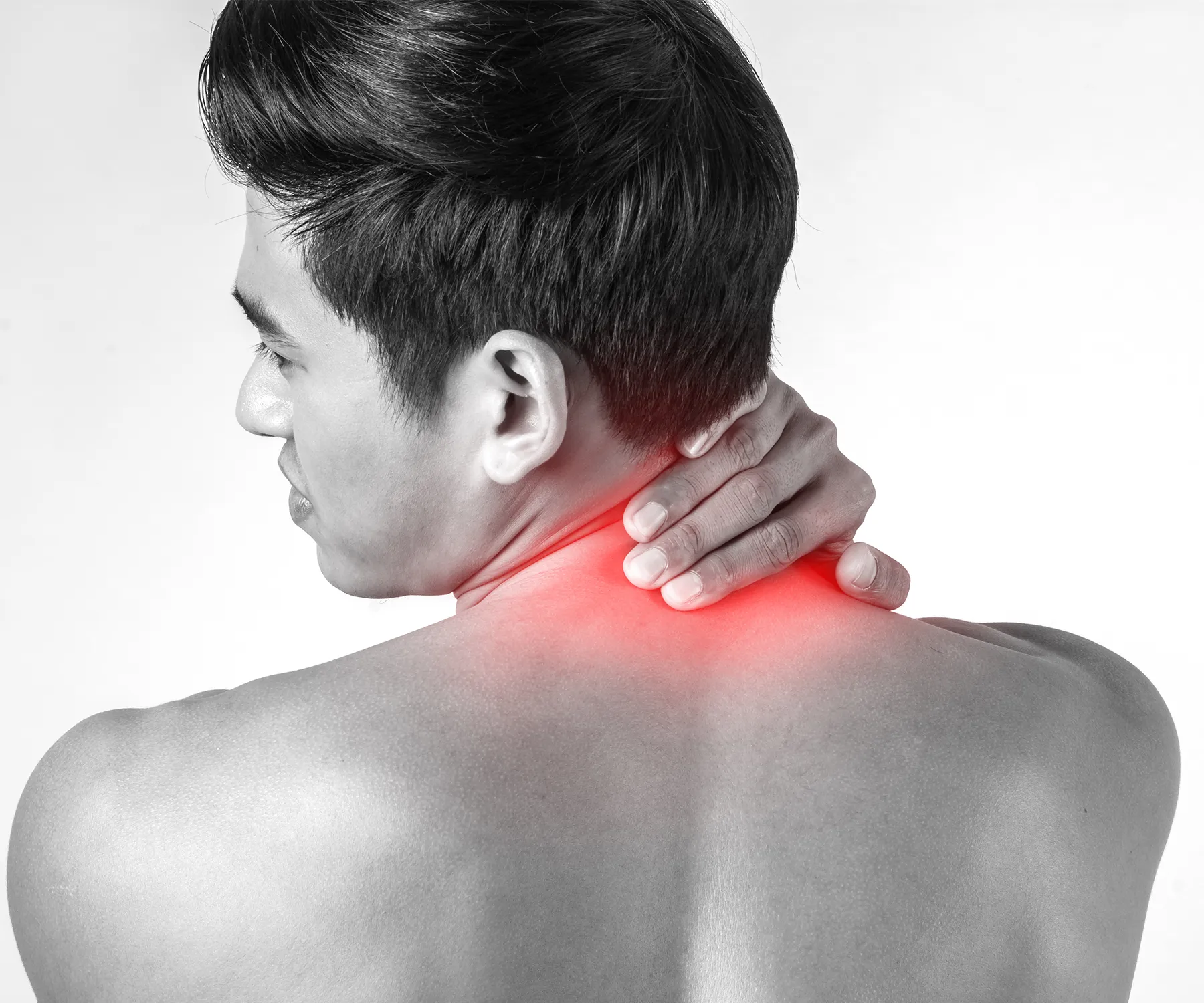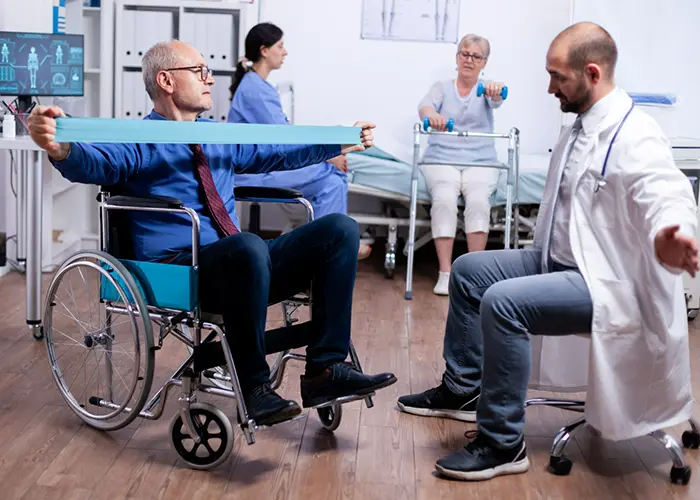
Struggling to Find Your Balance After Stroke?
Research suggests that approximately 10-20% of stroke patients experience a full recovery.
A stroke occurs when there is a disruption of blood flow to the brain, leading to the damage of brain cells and potentially resulting in various physical, cognitive, and emotional impairments.
Physiotherapy for stroke patients (stroke rehab) is a process designed to help individuals recover and regain their independence after experiencing a stroke. With determination and the right support, stroke recovery is possible. Explore our personalized rehabilitation program, accessible online.
Have you been suffering from these post Stroke?
Numbness
Sudden numbness or weakness in the face, arm, or leg, especially on one side of the body
Aphasia
Difficulty speaking or slurred speech
Vision Impairment
Impaired vision, such as blurred or blackened vision in one or both eyes
Gait Disturbance
Trouble walking, dizziness, loss of balance, or lack of coordination
Headache
Severe headache with no known cause
Cognitive Impairment
Confusion, difficulty understanding, or trouble with memory
Paralysis
Paralysis or weakness in specific body parts
Emotional changes
Emotional changes, including depression, anxiety, or sudden mood swings
What causes problems after a Stroke episode?
Following a stroke episode, issues develop as a result of brain damage brought on by the abrupt cessation of blood flow. Lack of oxygen and nutrients causes brain cells to die, which causes physical impairments, cognitive deficits, speech problems, emotional disorders, and other neurological deficits. The specific problems that the person has depend on the extent and location of the brain damage. The management and improvement of these post-stroke problems through rehabilitation and medicinal therapies is essential if stroke survivors are to regain function and improve their quality of life.
Physiotherapy for stroke patients help by
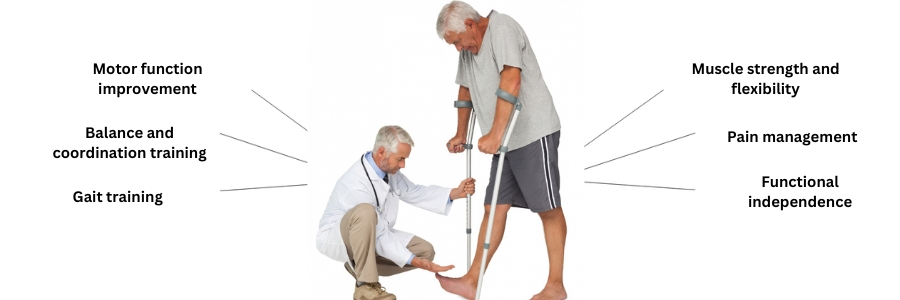
FAQs related to Stroke Rehabilitation
Does stroke rehabilitation help?
Yes, physiotherapy for stroke patients aids in recovery and improving a person’s functional abilities. Rehabilitation helps stroke survivors regain mobility, lessen deficits, and improve their general quality of life through specialized therapies and activities.
Why is physiotherapy for stroke patients necessary?
After a stroke, rehabilitation is crucial because it aids survivors in regaining lost skills, enhancing their independence, and improving their general functioning. It addresses issues that are emotional, cognitive, and physical, allowing people to participate fully in daily life and reach their optimum level of recovery.
What is the chance of a stroke recovery?
The chance of overcoming a stroke varies based on the stroke’s severity, the area of the brain damaged, the timing and efficacy of medical care, as well as the person’s general health. While some stroke victims may recover significantly, others may still have problems that call for continuous care and attention.
What medical complications are often seen in stroke rehabilitation?
Pressure sores, pneumonia, urinary tract infections, deep vein thrombosis, and stiffness are some of the medical problems that are frequently seen in stroke recovery. Throughout the recovery process, these issues need to be carefully monitored and managed by healthcare specialists.
What are some of the training techniques used in the treatment of motor weakness following a stroke?
Task-specific exercises, strength training, balance and coordination drills, constraint-induced movement therapy, and functional electrical stimulation are some of the training methods utilized in stroke rehabilitation for motor weakness. These methods aim to encourage neuroplasticity and train the brain to rewire itself to recover motor function.
What are the limitations of physiotherapy for stroke patients or stroke rehabilitation?
Despite its advantages, stroke therapy may not be able to fully restore function, particularly in cases of significant brain injury or delayed rehabilitation start-up. Some people may have long-term disabilities that make it difficult for them to do daily tasks without long-term assistance and adaptive techniques.
When does stroke rehabilitation / physiotherapy for stroke patients work best?
When it begins as soon as feasible after the stroke, stroke rehabilitation is most beneficial. Early intervention increases the brain’s capacity for neuroplasticity, or the ability to reorganize and adapt to make up for damaged areas, and improves the likelihood of recovery.
How does physiotherapy for stroke patients help them find balance?
Physiotherapy offers specialized exercises and therapies that focus on particular physical deficits to help stroke victims manage. In order to help stroke survivors, regain movement control and carry out everyday duties more independently, it focuses on improving mobility, strength, and balance. If you are looking for reliable stroke rehab services, consult us now.
What difficulties do stroke sufferers face?
Patients who have had a stroke may experience a range of difficulties, including the need for long-term care and support, physical impairments, speech difficulties, cognitive impairments, and emotional changes. Both stroke survivors and their families may experience emotional and psychological strain as they attempt to cope with these changes and restrictions.
What is the golden time for stroke treatment?
The initial few hours following a stroke are referred to as the “golden time” for stroke treatment. In this crucial time, prompt medical intervention can significantly impact the severity of the brain injury and the prognosis for recovery. During this time, quick evaluation and the delivery of clot-busting drugs (for ischemic strokes) or surgical intervention (for certain hemorrhagic strokes) can be life-saving and improve results.
What should be expected upon discharge from rehabilitation?
After completing rehabilitation, stroke victims and their families can anticipate receiving a thorough discharge plan that outlines further instructions for physical and occupational therapy, suggests regular medical checkups, and lists community support services to ease the transition back into regular life.
